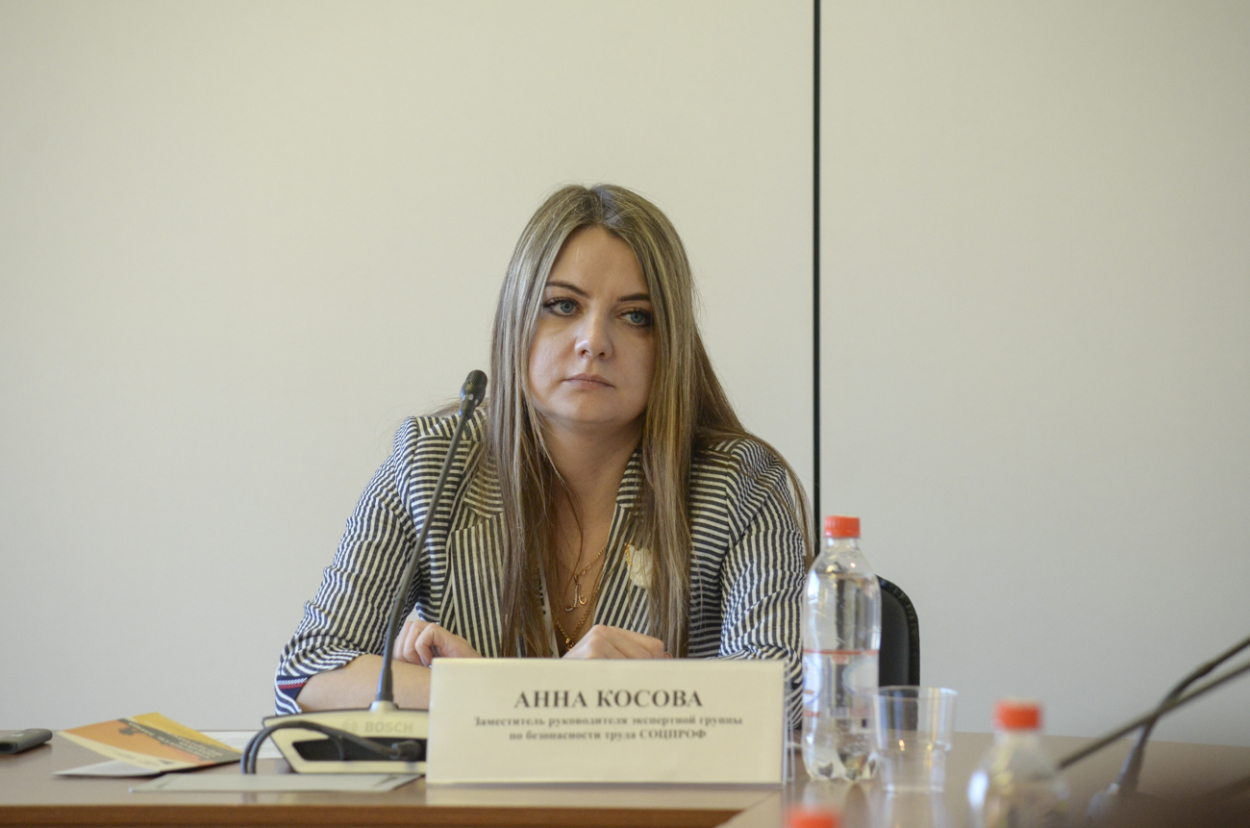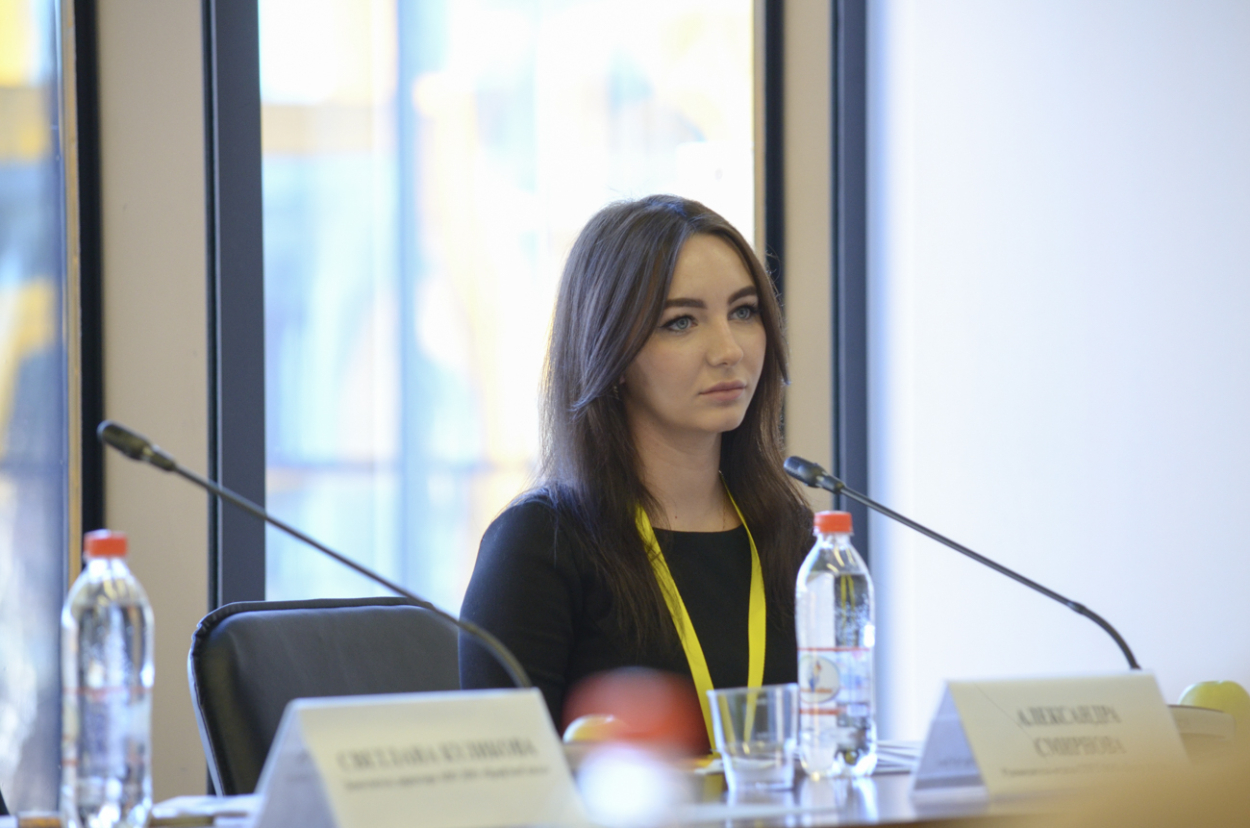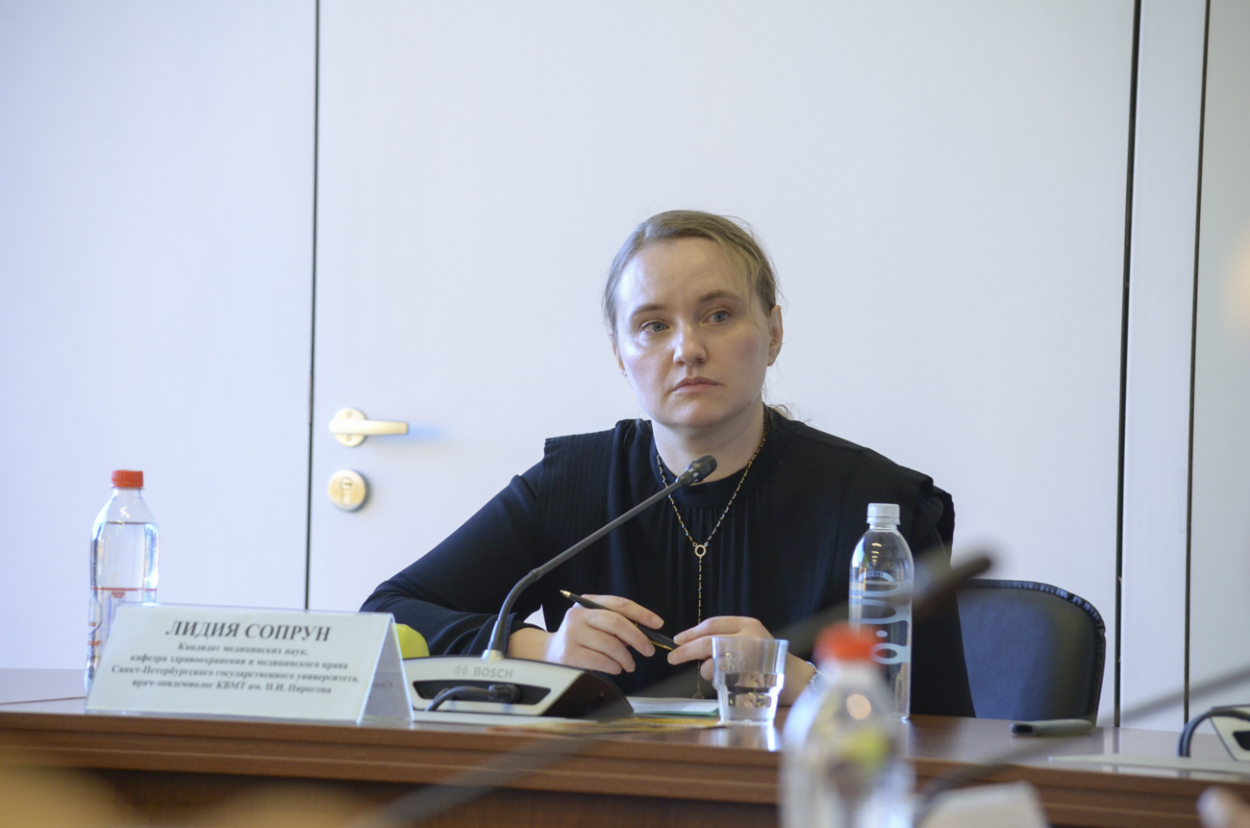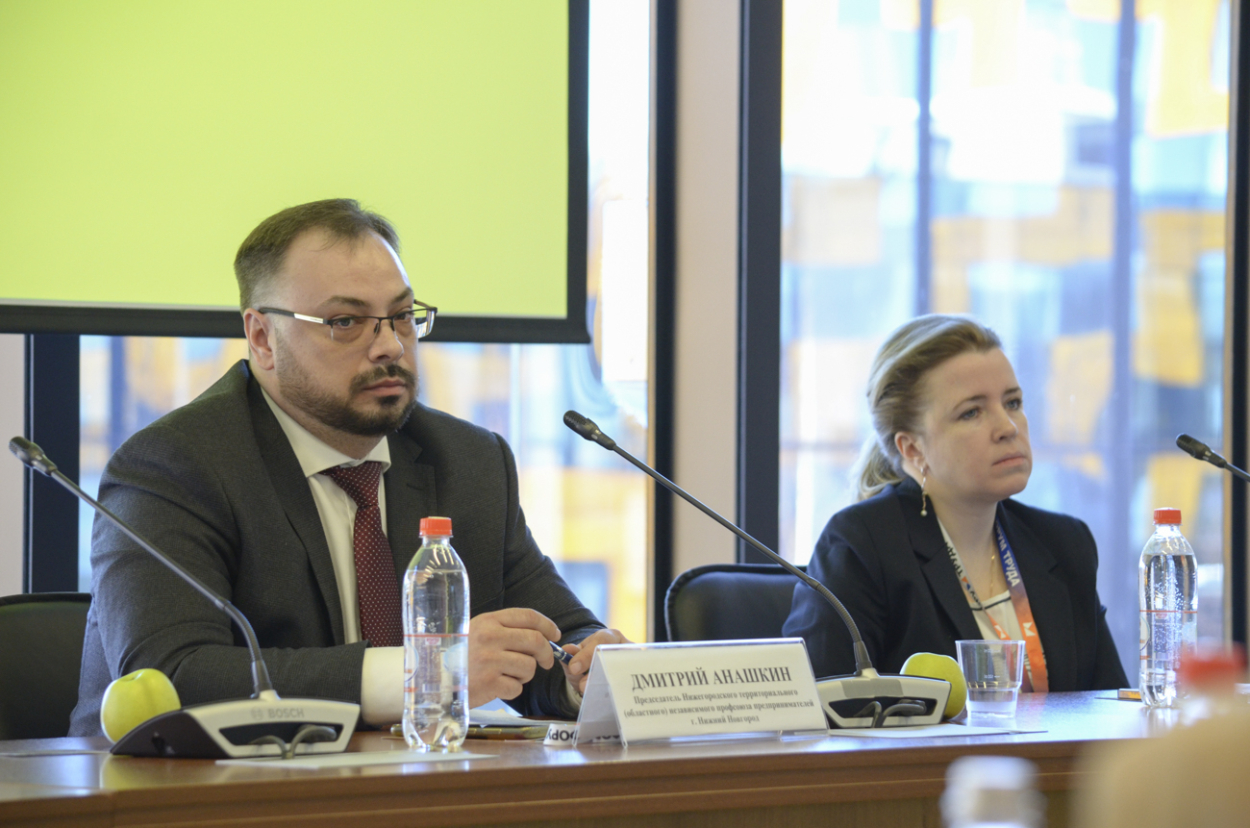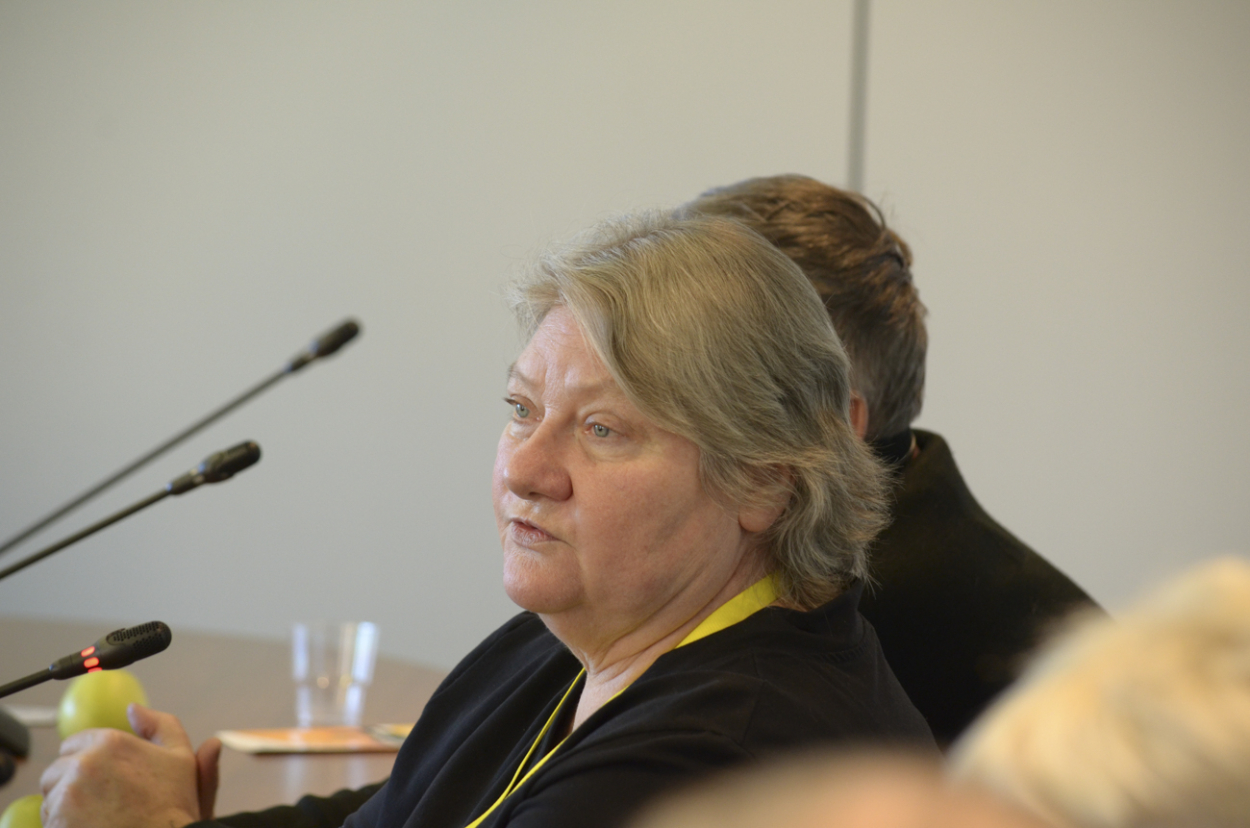St Petersburg University experts: burnout and overwork are becoming an increasingly serious problem
A scientific session titled "Labour protection: from study to practice" has been held within the framework of the St Petersburg International Labour Forum. The session featured St Petersburg University researchers who told the audience: why today psycho-emotional risk factors in the workplace are becoming more dangerous than chemical and biological ones; when the occupational health system had been flourishing; and how exoskeletons could help transport workers stay healthy.
The most dangerous areas are construction, manufacturing, transport, agriculture, and mining. The International Labour Organization (ILO) has estimated that, on average, about 6,000 people die every day as a result of workplace accidents or work-related diseases. According to the experts, these figures were even higher before. Hard work associated with increased noise levels in production facilities, underground work, high-altitude work, and work with hazardous substances threatened the safety of workers in the mid-20th century.
Representatives of graduate schools, businesses, and trade unions also took part in the session.
The situation was changing gradually. Personal protective equipment, ventilation systems, and remote control of processes were introduced. These measures made it possible to reduce close interaction of a person with harmful and dangerous factors in the production process. At the same time, according to Olga Kopytenkova, Professor at St Petersburg University, other factors began to pose an increasing threat. Those include: the severity and intensity of the labour process; psycho-emotional factors leading to overwork and emotional burnout; and the lack of regulatory actions taking into account the combined action of factors. Today, the labour protection system is changing its vector. Professionals are focusing on people, on the labour pool, whose work is associated with a great tension of mind. As the participants in the session noted, that was caused by a change in the forms of work. More and more processes are becoming automated, and many employees are moving to an online format. Due to that, the boundaries of working time and work space are growing blurred.
At the same time, none of the harmful factors can affect a person separately. Negative influence, regardless of profession, is always a complex problem. In addition, a lot also depends on the characteristics of human health. These include: genetic factors; congenital pathologies; and previous experience of working in difficult conditions.
A system of technical and rehabilitation measures helps fight for the preservation of health. In Russia, the first serious steps in this direction were made in the 1970s. It was then that the workplace assessment procedure was introduced. It worked successfully until the 2010s. In 2013, Special Assessment of Working Conditions was introduced in Russia. That made it possible not only to calculate risks, but also to determine labour restrictions, for example, to reduce working hours, assign benefits and compensation to employees.
One of the moderators of the session was Lidiia Soprun, Associate Professor in the Department of Health Organisation and Medical Law and epidemiologist at the Pirogov Clinic of High Medical Technologies, St Petersburg University. According to her, organisations, including major universities, pay more and more attention today to the training of professionals in the field of safety and labour protection. In September 2022, a Graduate School of Occupational Safety was opened at St Petersburg University. The School’s interdisciplinary team of experts, which included sociologists, medical workers, economists, psychologists, and lawyers, is developing academic programmes to train managers who are able to organise the management of labour protection and industrial safety at the highest level.
’Care for occupational safety is the most important element of professional activity in modern society. There are no insignificant details there. Occupational health is not only about the production process control over. It is also about caring for the emotional state of the employee, as well as about the orientation of enterprises to causing the least environmental harm possible. All of these are just elements of a complex system of occupational health and safety, which is of key importance in our work,’ added Ruben Karapetian, Director of the Graduate School of Occupational Safety at St Petersburg University.
Scholars at St Petersburg University systematically conduct research to assess the negative factors of work for various professions. Thus, in the course of an analysis of transport workers’ risks, it turned out that the unbalanced acceleration factor has a great impact on the deterioration of the health of passenger vehicle drivers. It affects the drivers’ joints and musculoskeletal system. Knowing that, the scholars propose to develop certain preventive measures and appropriate personal protective equipment. An example of the latter can be a special purpose exoskeleton, a device making it possible to partially unweight the driver.
A round-table discussion "Current trends in the field of occupational safety and health at enterprises" has also been held within the framework of the 7th St Petersburg International Labour Forum. The experts discussed key aspects of ensuring comfortable working conditions at modern enterprises and relevant personnel training.


